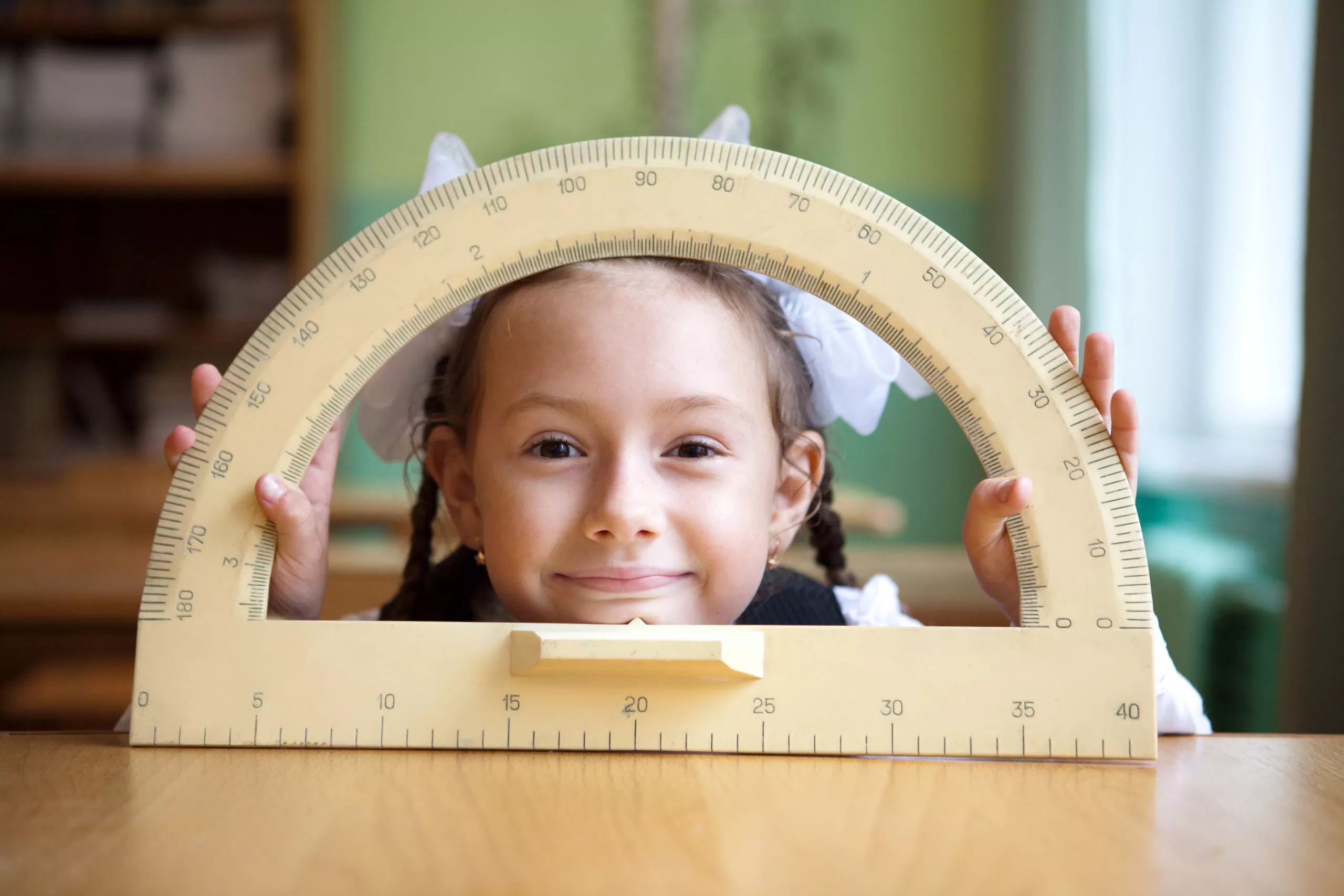Our new expert Q&A series invites you to sit in on conversations with myopia experts who are sharing their insights to help parents like you make the best decisions for their kids’ vision health.
Today, meet Dr. Thanh Mai, an Optometrist at Insight Vision Center Optometry in Southern California. Dr. Mai, who is myopic himself, is passionate about sharing ways to treat and manage myopia.

In this conversation, Dr. Mai explains why children develop myopia, he talks about why glasses are not enough, and focuses in on why we want to slow down eye growth in kids with myopia.
Why did my child develop myopia?
I, myself am myopic, but both my parents are not actually, so it’s kind of strange. Sometimes the genetics don’t line up. We used to think that it was all genetics. If mommy and daddy have it, your chances are higher, and that’s still true. It is higher if mom and dad have it. If neither parents have it, you are less likely to have myopia in the first place. But what we’re finding is especially more recently with COVID and with the invention of these wonderful devices, these smartphones here, is that the weight of myopia is just blowing up. We believe there’s now a big environmental component. A lot of it could be tied to, for instance, lack of outdoor activity, too much screen time, maybe even how much vitamin D kids have. These are a lot of things that we find out is driving why kids develop myopia in the first place—perhaps above and beyond just genetics.
Take home points
- If both parents have myopia a child’s chances of having it are higher.
- Environmental factors like lack of outdoor activity and too much screen time can play a role in myopia. [Read: Can too much screen time hurt my child’s vision?]
Why can’t my child just wear glasses to correct their vision?
Glasses help to compensate for your blurry vision, your myopia, but it doesn’t help to treat the underlying cause of what’s happening. So, myopia is a disease where the eyeball grows too long and glasses, traditional glasses, don’t help to slow down that elongation of the eye. So, with myopia treatments, we’re trying to really get to the root cause and try to let children develop properly. And these involve more than just glasses. And so that’s what we are really doing. Wearing glasses just kind of covers up the problem, but we’re trying to get into the root of why the eyes keep getting worse. And that’s why glasses are simply not enough.
Take home points
- Glasses don’t help to treat the underlying cause of myopia.
- Myopia treatments focus on the root cause.
Why do you want to slow down the growth of the eyeball? Why is that so important to do as a child?
You want to slow down that process because myopia, typically once a child develops it, it gets worse over time. But it only happens during their critical phase where they’re growing. So as an adult, you will stop growing naturally. And so that’s why as a child, it’s critical to stop it at that age because you never get a second chance. Again, the reason why we’re worried about the eyeball growing so long is first of all, you just can’t see as well. That’s a big problem. You wake up in the morning and you need to find vision correction. Versus if you have a lower prescription, you might just have optionally have to wear glasses. But the big thing is later on in life, you are more likely, because if your eyeballs too big, to develop bad diseases like glaucoma, retinal detachments, macular myopathy. These are things we’re trying to avoid long term.
Take home points
- Typically, one a child develops myopia, it gets worse over time.
- Myopic people are more likely to develop diseases like glaucoma, retinal detachments, and macular myopathy.
In part two of our conversation with Dr. Mai, he explains when to think about myopia control for kids, he discusses treatment options, and provides tips for what you can do to help with your child’s myopia at home. Part two is very helpful if your child’s eye doctor is talking to you about myopia treatment options.
Read Part Two
Tags: myopia, myopia management specialty, optometrist
